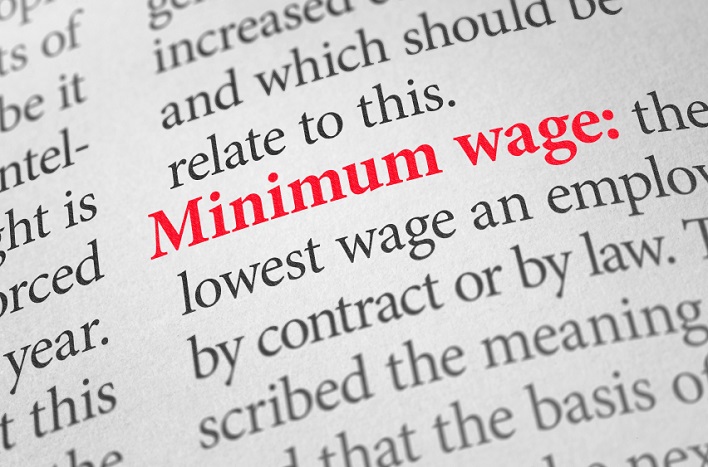A higher minimum could take effect for some employers.
In July, the Kansas City, Mo., City Council approved a plan to raise that city’s minimum wage from $7.65 to $8.50 per hour starting on Aug. 24.
The wage is scheduled to gradually grow each year until it hits $13 per hour in 2020. After that, the minimum will be adjusted for the cost of living at the start of each year.
The council’s vote—which was 12-1 in favor of an increase—followed months of lobbying by community activists and minimum-wage workers. They originally sought an increase to $15 per hour, and it’s entirely possible they’ll continue to push for that amount via a ballot initiative.
Business groups have complained about the higher wage’s potential harm to local employers, and while it’s important to take the wage increase seriously, there are two big wrinkles to the story.
The Increase Doesn’t Apply to Everybody
The new rule includes a handful of exceptions. The most important is that it applies only to companies with more than 15 employees.
The International Franchise Association—which is still opposed to the raise—said it was glad that Kansas City passed the new rule without language that would have treated small franchisees the same as larger businesses.
In addition, the higher wages won’t apply to workers who are age 17 or younger. It’s an incentive for employers to continue hiring teenage workers who might need more training and supervision.
The increased wage also leaves out the employer’s spouse, children, parents and other immediate family members; interns who will receive academic credit; people working in some charitable or volunteer roles; apprentices in an officially recognized program; and government employees—though the City of Kansas City, Mo., will still have to pay the higher minimum.
What about workers whose pay is partly based on tips? Employers would need to pay them at least 50 percent of the state’s minimum wage.
The Raise Could Still Be Derailed
A group representing businesses, Missourians for Fair Wages, has filed a petition initiative to have the public vote on repealing the higher minimum wage. The group needs 3,400 signatures. Depending on when the petition is filed, KCUR reports, the question could end up either on the fall or spring ballot.
There’s also a very good chance the higher wage will be challenged in court. As it turns out, there’s some question about whether Missouri cities and counties have the ability to set a minimum wage higher than the state’s.
A 1998 Missouri law prohibits the state’s largest communities from raising their minimum wages beyond the state’s minimum. A few years later, a St. Louis circuit judge cast doubt on whether the law was constitutional, but never directly ruled on it.
Gov. Jay Nixon recently vetoed a bill that would have clarified the matter by explicitly forbidding local governments from requiring employers to offer wages or benefits beyond what the state mandates.
“The Kansas City Council does not have the power to enact an ordinance that prevents employers from paying to their employees an amount that is set by state statute,” said Ray McCarty, president of Associated Industries of Missouri, in a blog post on AIM’s website.
“Kansas City leaders should realize, while they have broader powers than other cities under their charter, they lack authority to pass an ordinance that would necessarily override state statute.”


